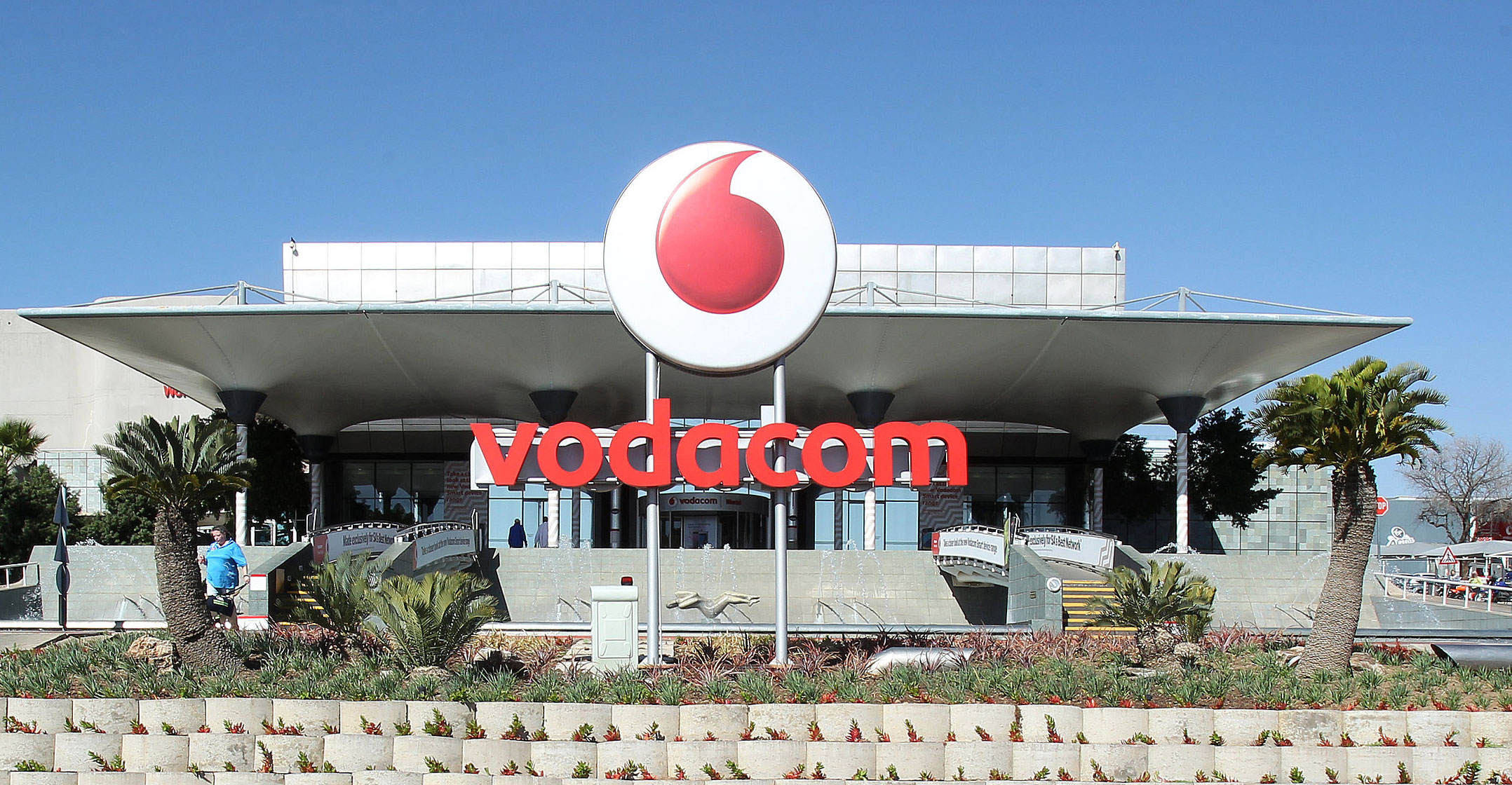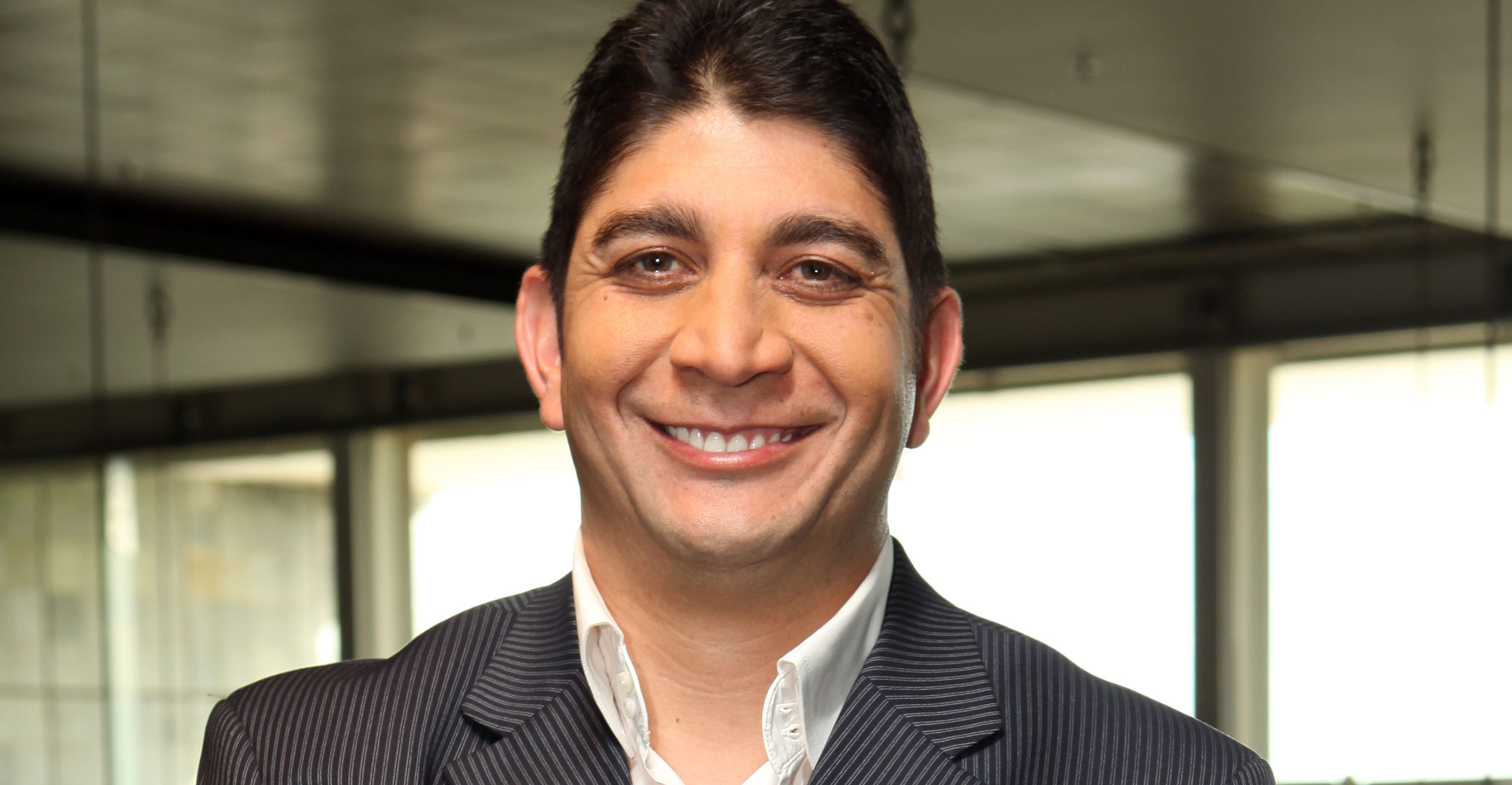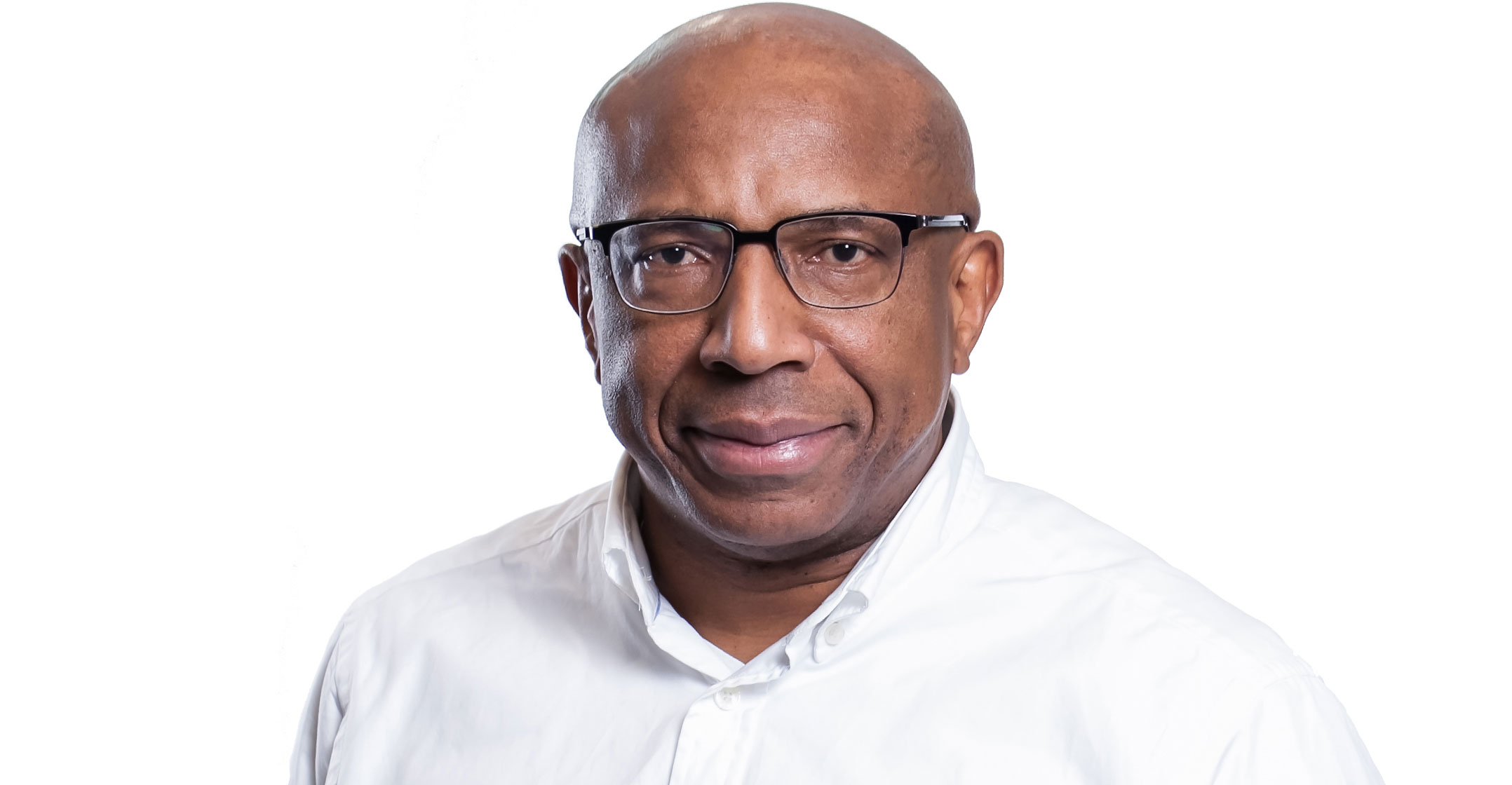
South Africa’s big telecommunications operators are feeling the pinch of the tough economy, but financial results published in the past 10 days show Vodacom is weathering the storm better than its rival Telkom, whose share price has come under considerable selling pressure.
Vodacom’s headline earnings per share barely scraped into the positive column, climbing just 1.1% in the six months to September 2017, while Telkom reported a 7.4% decline in the same period. Telkom’s performance was dragged down by its fixed-line business, where it has lost clients to rivals, and by BCX, the IT services business it acquired in 2015 for R2.7bn.
The share prices of both companies fell after they announced their interim results, though Telkom was by far the worst performer, falling more than 15% in the three days after it released its numbers; Vodacom slipped by less than 3% in the two days after it published its results. Both shares have been under considerable pressure in recent months.
Vodacom cut its dividend by 1.3% (compared to Telkom’s -9%). The mobile operator’s underlying business remains relatively robust, despite the weak economy in South Africa, its biggest market. It added 2.9m customers in South African to reach the 40m mark for the first time. The inclusion of the group’s recently acquired 34.9% stake in Kenya’s Safaricom (from parent Vodafone) helped bolster profits, with net profit up 7%. Mobile money platform M-Pesa continues to do well outside South Africa, with Vodacom Group CEO Shameel Joosub saying this will continue to be a focus area.
Apart from the weak local economy, Vodacom faces policy risks at home, with no end in sight to the impasse over new spectrum allocation. Joosub warned that Vodacom may be forced to cut spending in rural areas to densify its network in the more populated urban centres because of this “spectrum crunch”.
He said it is now urgent that the operator gets access to key spectrum bands for 4G services, particularly as demand for data continues to grow — in the latest results, the group’s South African unit made more money from selling data access than voice calls for the first time. A roaming agreement with new 4G player Rain — whose shareholders include former bankers Michael Jordaan and Paul Harris — is helping alleviate some of the pressure, Joosub said, though the Rain agreement is being challenged by rivals.

To ensure the group keeps growing, it is investing more in big-data and machine-learning technologies to improve segmented customer offerings, giving consumers more personalised offers in an effort to keep them from migrating to rival offerings. It will also work more closely with Safaricom to deploy these technologies and grow Safaricom’s M-Pesa platform more aggressively in Vodacom’s markets outside South Africa.
Equities analyst Irnest Kaplan said Vodacom’s priority must be defending its market share in an increasingly competitive environment. It must offer consumers more value, beyond simply “selling megabytes”. So-called over-the-top players — companies like Facebook and Google — are profiting from the data pipes Vodacom sells; the company needs to develop value-added services of its own, such as quality content, that subscribers are prepared to pay for. Without this, there’s the risk that consumers will simply shop around for the cheapest data rates, Kaplan said.
He said Vodacom, and the other mobile operators, are in a powerful position in that consumers carry their products in their pocket all day. “They should do more to leverage that. It’s hard for them because they are operators and not app developers, but people carry their products all the time, they know where you are all the time — there must be amazing apps they can offer.”
A competitive risk facing Vodacom (and rival MTN) is that the smaller operators in South Africa — Telkom and Cell C — can afford to be nimbler and move faster with new offerings and more aggressive pricing, especially given the smaller rivals’ spectrum assets are not as congested. Cell C, which has recently been recapitalised, is now in a stronger position to contest for market share, Kaplan said. This could prove to be a challenge for Vodacom in the next couple of years, he said.
Telkom
Though Telkom’s mobile business continues to perform well, investors took fright at a continued rise in capital expenditure — up 9.2% to R5.2bn — and the weaker performances at BCX and Openserve, its wholesale networks business. Shareholders also didn’t like that the interim dividend was cut by 9.9%.
Group CEO Sipho Maseko said the deterioration in the fixed-line broadband numbers has recently been arrested following price cuts and the introduction of better-value uncapped broadband plans, though the published numbers show it has lost market share in fixed lines.
There were positive signs that the uptake of Openserve’s fibre-to-the-home infrastructure was now doing better in recent months, with the fibre “attach rate” — the percentage of people subscribing to services where they are available — rising to 40% after the end of the reporting period, Maseko said. The attach rate in the six-month period was 24.5%, up from 13% a year ago. Still, Telkom was not able to make up for a sharp decline in legacy copper ADSL users with new fibre customers.

Openserve is facing a real challenge from fibre upstart Vumatel, which has been aggressively laying down infrastructure in Johannesburg, Cape Town and more recently Durban. Telkom said the number of fixed-line broadband customers on its network dipped below a million, a fall of 1.9% over a year ago, while the number of fixed lines in service has fallen to levels last seen in the early 1990s amid a continued substitution to mobile services.
BCX also produced disappointing numbers, with Telkom blaming a slowdown in corporate and public-sector spending. It intends to shed poorly performing BCX subsidiaries and to accelerate cross-selling opportunities in the group to retain customers.
Kaplan said that, like Vodacom, Telkom must do all it can to defend its market share. “So many players are eating away at it,” he said, adding that BCX is facing tough times because corporate South Africa has adopted a more frugal approach to spending on big IT projects. He said the lack of confidence among businesses across the board is having a negative impact on the ICT sector.
“I can’t think of Vodacom or Telkom doing anything in the next year that is going to boost their numbers massively,” he said.
- This article was also published in the Sunday Times of 19 November 2017




